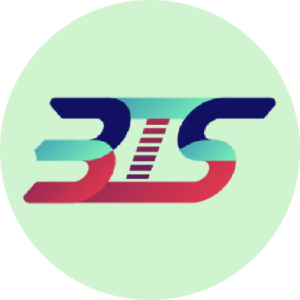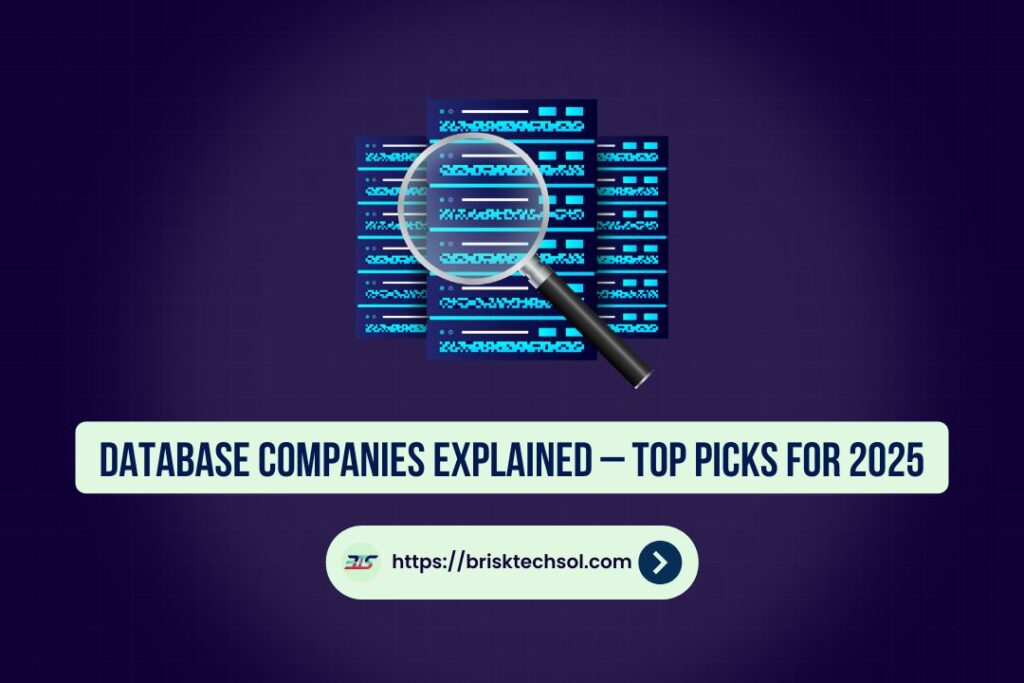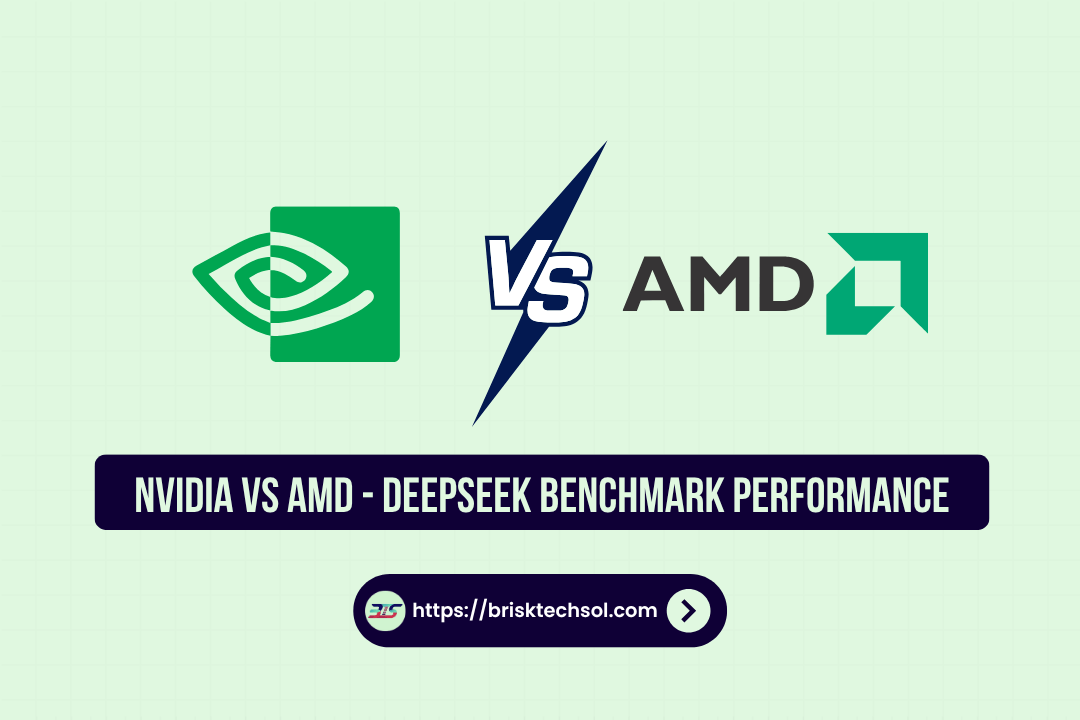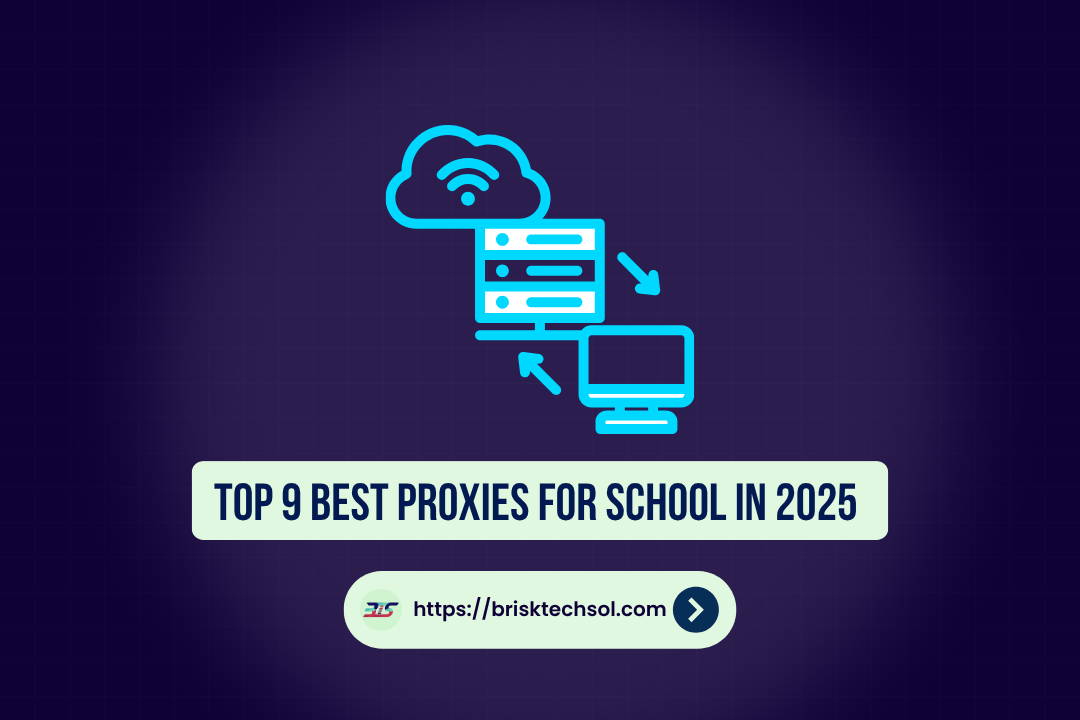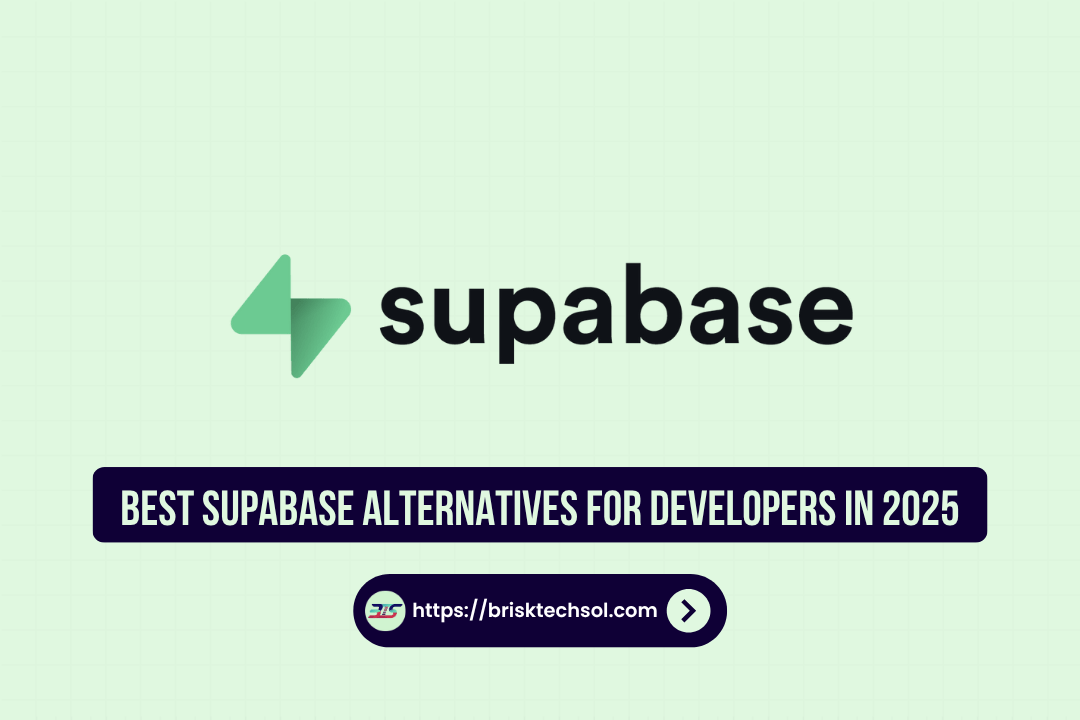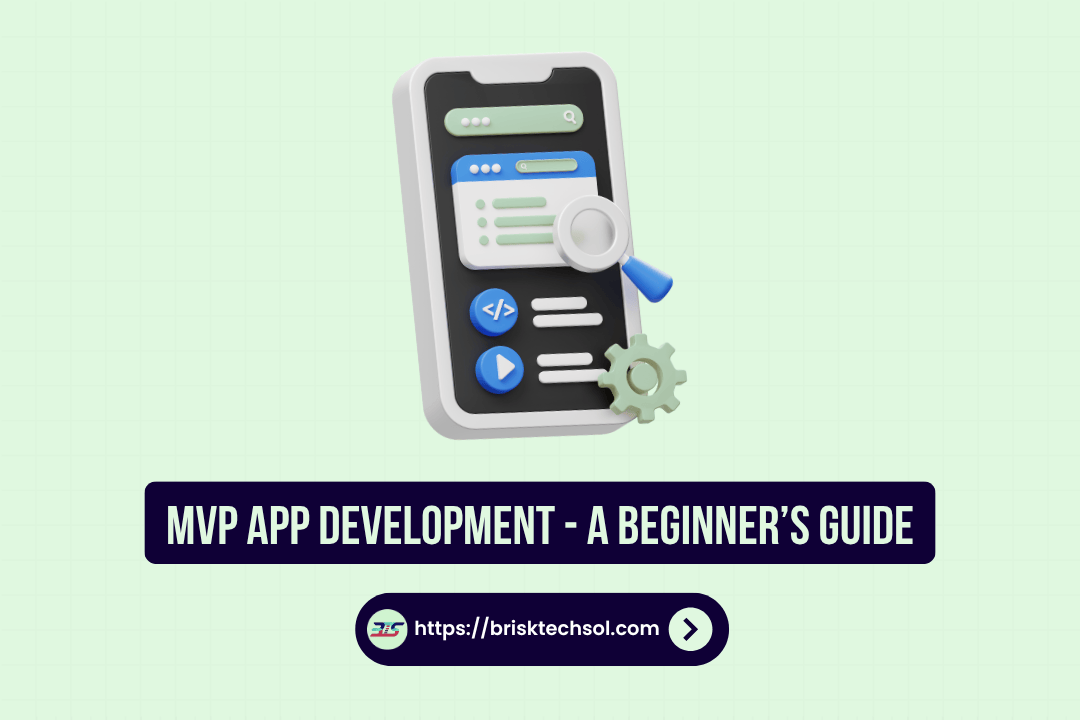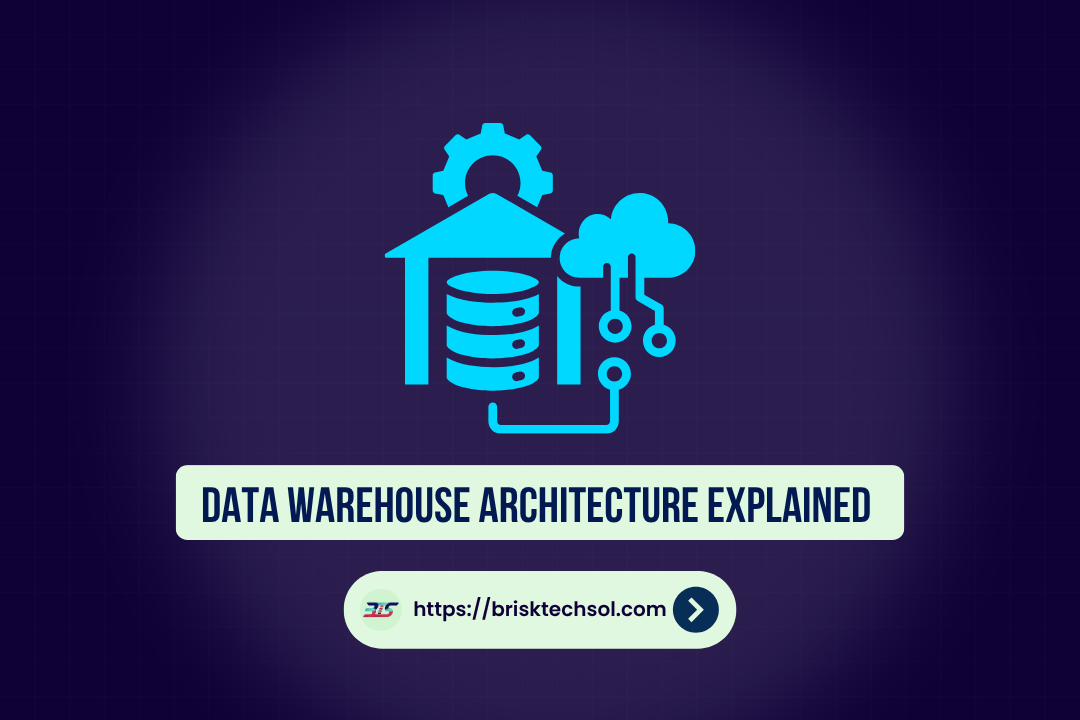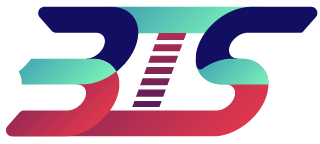Now a days choosing the right database company can make or break your operations. Whether you’re running a startup, scaling an enterprise, or powering AI models, your choice of database impacts everything from performance to compliance.
With so many options out there cloud, on-premise, open-source, and hybrid going through this space isn’t easy. This guide breaks down the top database companies, what they offer, and how to pick the right one based on your specific needs.
What Is a Database Company?
A database company is a provider that develops, hosts, or manages a system for storing, retrieving, and managing data. These companies typically fall into one of three categories:
- DBMS Vendors: They develop database software (e.g., Oracle, Microsoft).
- Cloud Providers: Offer hosted database services with infrastructure support (e.g., AWS, GCP).
- Specialized/Niche Providers: Offer purpose-built databases like NoSQL, graph DBs, or distributed systems.
Some companies do all three. Think of them as the backbone of modern digital infrastructure—powering everything from mobile apps to machine learning platforms.
Different Types of Database Companies
Understanding the various types of database providers helps narrow your search. Here are the main categories you’ll come across:
1. Cloud-Based Database Providers
These companies offer Database-as-a-Service (DBaaS) where the infrastructure, backups, scaling, and updates are handled for you. Ideal for modern, cloud-native apps.
- Amazon Web Services: RDS, DynamoDB, Redshift
- Google Cloud: BigQuery, Cloud SQL
- Microsoft Azure: Azure SQL, Cosmos DB
2. Open-Source Champions
These companies contribute to and commercialize popular open-source databases, offering more flexibility and community-driven innovation.
- MongoDB Inc.
- EnterpriseDB (PostgreSQL)
- MariaDB Corporation
3. Enterprise-Grade Giants
Large corporations rely on these for high-availability, strict compliance, and deep integration with enterprise tools.
- Oracle
- IBM Db2
- SAP HANA
4. Niche and Specialized Providers
For unique use cases like graph analytics, distributed SQL, or edge computing.
- Neo4j – Graph databases
- Cockroach Labs – Distributed SQL
- Redis Labs – Real-time in-memory data
- PlanetScale – Serverless MySQL
Top 10 Database Companies in 2025
Here’s a closer look at the most prominent database companies leading the market today:
1. Oracle Corporation
Still the gold standard for enterprise databases, Oracle offers a powerful relational DBMS with unmatched performance, security, and reliability.
- Best for: Large enterprises with mission-critical workloads
- Strengths: ACID compliance, rich ecosystem, support
- Popular solutions: Oracle Database 23c, Oracle Autonomous Database
2. Amazon Web Services (AWS)
With a full suite of cloud-native databases, AWS powers thousands of companies globally.
- Best for: Scalable, cloud-native applications
- Popular products: RDS, DynamoDB, Redshift
- Strengths: Global availability, pay-as-you-go pricing, strong documentation
3. Microsoft (Azure SQL & Cosmos DB)
Microsoft offers a hybrid-friendly platform for SQL and NoSQL applications.
- Best for: Enterprises using Microsoft stack
- Standout: Cosmos DB supports multiple models (graph, key-value, document)
4. Google Cloud Platform (GCP)
Known for analytics and machine learning integration, GCP has a strong suite of database offerings.
- Popular services: BigQuery, Cloud SQL, Firestore
- Strengths: Seamless integration with AI/ML pipelines
- Best for: Data-driven and AI-first businesses
5. MongoDB Inc.
Creators of the popular open-source NoSQL database, now offering MongoDB Atlas, a fully managed cloud version.
- Best for: Applications needing flexible, document-based data
- Strengths: JSON-like format, horizontal scalability, developer-friendly
6. Snowflake
A leader in cloud data warehousing, Snowflake allows secure sharing and storage of structured and semi-structured data.
- Best for: Analytics, BI tools, multi-cloud use
- Strengths: Performance, elasticity, collaboration features
7. IBM Db2
A trusted choice for industries like banking, telecom, and healthcare, where data integrity is critical.
- Best for: Legacy enterprise systems and industries requiring strong security
- Strengths: Scalability, security, AI integration
8. Redis Labs
Known for Redis, the high-performance in-memory key-value database.
- Best for: Real-time data use cases like caching, messaging, and session stores
- Strengths: Speed, simplicity, support for multiple data structures
9. Databricks
Built on Apache Spark, Databricks combines the power of a data lake and data warehouse into one platform called a Lakehouse.
- Best for: Big data analytics and ML model training
- Strengths: Scalability, collaboration tools, ML lifecycle management
10. Cockroach Labs
Creators of CockroachDB, a distributed SQL database built for the cloud.
- Best for: Global applications needing high availability
- Strengths: Automatic replication, resilience, SQL compatibility
How to Choose the Right Database Company
Selecting a database provider isn’t just about brand names. It depends on your use case, budget, and technical goals. Here’s what to consider:
1. Application Type
- Need strong consistency? Go for traditional RDBMS like PostgreSQL or Oracle.
- Building a modern, real-time app? NoSQL or in-memory solutions may be better.
2. Scalability
- If you expect traffic growth, consider distributed systems like CockroachDB or cloud-native services like DynamoDB.
3. Compliance Requirements
- Industries like healthcare, fintech, and government need SOC2, HIPAA, or GDPR compliance.
- Providers like IBM and Oracle excel here.
4. Deployment Preference
- Want full control? Self-hosted PostgreSQL or MySQL might work.
- Prefer to avoid maintenance? Choose DBaaS from AWS, Azure, or MongoDB Atlas.
5. Developer Experience
- MongoDB and Firebase shine with developers for their simplicity.
- PostgreSQL and MySQL offer mature communities and documentation.
Trends Shaping the Future of Database Companies
The database landscape is changing quickly. Here’s what’s shaping 2025:
1. Rise of Vector Databases
With AI applications exploding, vector databases like Pinecone and Weaviate are gaining ground. They store and retrieve data using vector similarity—perfect for large language models and recommendation systems.
2. Serverless Architectures
Solutions like PlanetScale and Aurora Serverless offer auto-scaling without needing to manage servers—ideal for modern SaaS startups.
3. Hybrid and Multi-Cloud Environments
Enterprises don’t want vendor lock-in. Tools like Snowflake and Databricks offer multi-cloud flexibility and seamless data sharing across providers.
4. Data Lakes + Warehouses = Lakehouses
Databricks and Snowflake are leading this movement—offering one unified platform for both structured and unstructured data analysis.
Use Case Matrix: Which Database Company Fits Your Industry?
Here’s a quick guide based on industry and needs:
| Industry | Recommended DB Company | Why |
|---|---|---|
| Fintech | CockroachDB | Global consistency, ACID transactions |
| Healthcare | IBM Db2 | Security, compliance, reliability |
| eCommerce | MongoDB Atlas | Schema flexibility, quick deployment |
| AI/ML Startups | Databricks | Integrated ML workflows |
| SaaS | PlanetScale | Serverless scaling, developer tools |
| Media & Ads | Redis Labs | Speed for real-time data |
| Enterprise IT | Oracle / Microsoft Azure | Enterprise-level features & support |
Conclusion
Database companies today offer more than just storage they provide the foundation for growth, innovation, and digital transformation. Whether you’re a startup building fast or an enterprise modernizing legacy systems, there’s a provider built for your journey.
FAQ’S
Which is the most popular database company?
Oracle is widely regarded as the most popular database company, especially in enterprise environments, followed closely by Microsoft and AWS.
What are the top 5 database companies in 2025?
The top five database companies are Oracle, AWS, Microsoft (Azure SQL), MongoDB Inc., and Google Cloud Platform.
What big companies use enterprise databases?
Companies like Netflix, Facebook, JPMorgan Chase, and Walmart rely on advanced databases from providers like Amazon, Oracle, and Microsoft for large-scale operations.
What do database companies actually do?
They develop, manage, and provide platforms to store, access, and process data. Some offer cloud-hosted services, while others provide licensed software for on-premise use.
Which database is used the most worldwide?
MySQL and PostgreSQL lead among open-source options, while Oracle Database remains the most widely used in enterprise settings.
Is MySQL still free to use?
Yes, MySQL is free under the GNU General Public License (GPL), though enterprise editions come with a cost.
Is Microsoft SQL Server free?
Microsoft offers a free version called SQL Server Express, suitable for lightweight applications, though full-featured editions are paid.
What is the difference between MySQL and SQL?
SQL is a query language, while MySQL is a relational database system that uses SQL for data operations.
Is Oracle Database free to use?
Oracle offers a free tier called Oracle Database Express Edition (XE), suitable for learning and small-scale apps.

